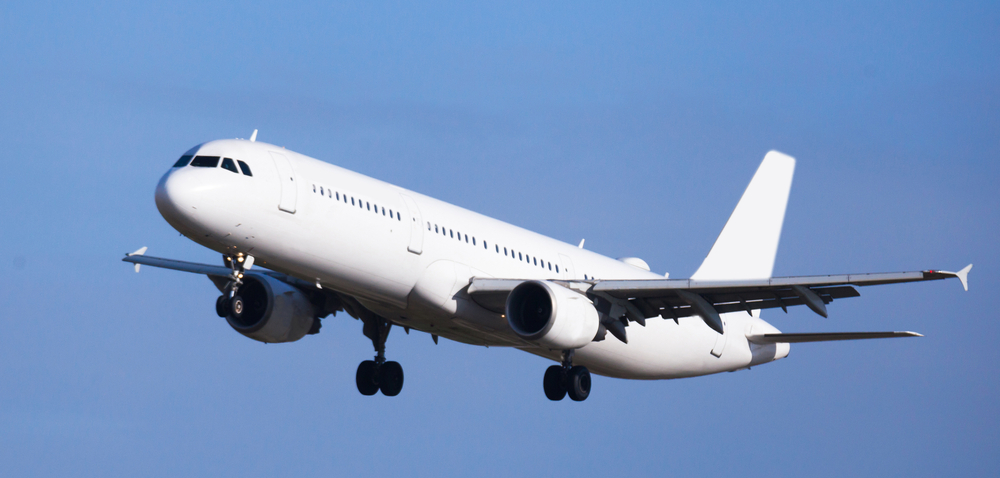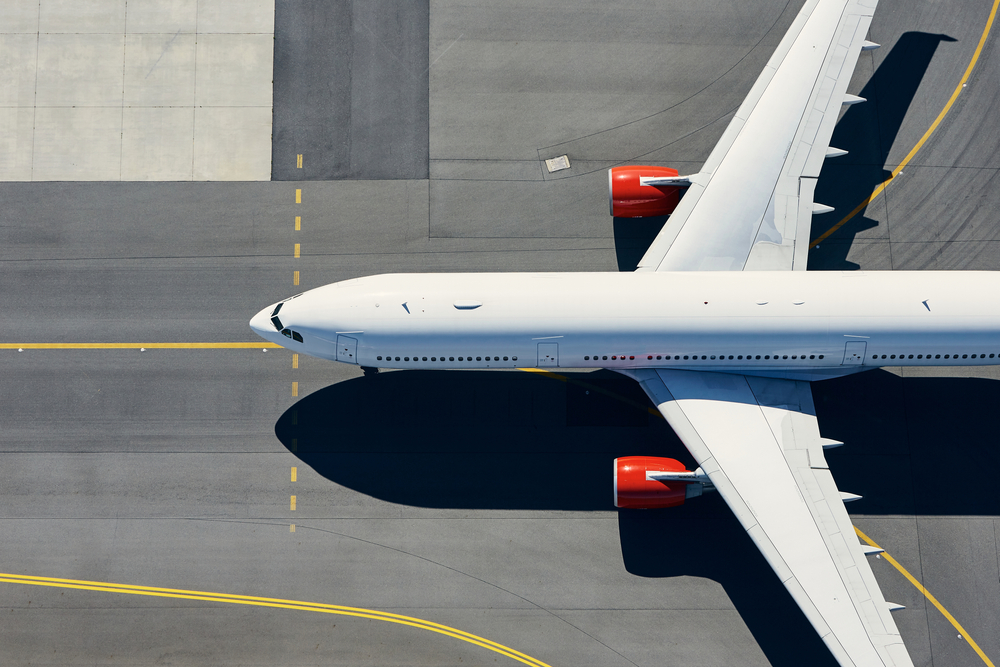As the aviation industry continues to evolve, the ACMI leasing sector has emerged as a key source of hundreds of new job opportunities for aviation professionals. For those looking for a pilots job in ACMI, there can be many questions to answer what the role entails.
In this article, we will address the most popular FAQs that come up when considering a pilots job in ACMI You will also discover insights into why this sector is so appealing and what to consider before making the leap.
Table of Contents
1. How does ACMI work?
ACMI, which stands for Aircraft, Crew, Maintenance, and Insurance, is a unique leasing model where an airline or operator (the lessor) provides another airline (the lessee) with all the essential components that make it operational – aircraft, crew, maintenance, and insurance. In return, the lessee takes on operational costs such as fuel, airport fees, and other day-to-day expenses related to the aircraft operations.
ACMI leasing is a strategic solution for airlines facing short-term demand surges, fleet expansions, or operational challenges that leave gaps in their capacity. It becomes particularly valuable during peak travel seasons, such as summer or holidays, when demand exceeds the capabilities of an airline’s existing fleet.
By temporarily leasing additional aircraft and essential resources, airlines can scale their operations efficiently to meet passenger demand. This solution not only helps airlines avoid the costs of maintaining excess capacity during off-peak periods but also eliminates the need for long-term financial commitments associated with purchasing new aircraft.
For pilots contemplating a job in ACMI, this flexibility is especially important because it creates a wealth of opportunities for temporary, seasonal, or short-term positions, often offering higher pay rates for the increased demand.
2. How does a pilots job in ACMI differ from other roles?
Unlike typical airline employment, where pilots are tied to a single operator, ACMI pilots are often employed by a third-party company that manages the leased aircraft. These pilots can be assigned to various airlines, flying a range of aircraft types. ACMI pilots might have irregular schedules, fly different types of aircraft, and sometimes even work on international routes, depending on the leasing contract.
3. What qualifications and experience are required to get a pilots job in ACMI?
ACMI operators often require pilots to have a strong background in aviation, including a valid Airline Transport Pilot License (ATPL), extensive flying hours, and experience with the type of aircraft they will be flying. While the exact requirements can vary, pilots with prior experience in commercial flying, especially on narrow-body, and wide-body aircraft, are highly sought after. Special type ratings for specific aircraft may also be necessary depending on the contract.
Recommend another photo at this point. Include KWs in Alt Text and Title.
4. Are pilot jobs in ACMI more flexible than regular airline jobs?
ACMI opportunities tend to offer flexibility that traditional airline positions may not. The ACMI company may operate on a temporary contract or seasonal basis, allowing pilots to potentially pick up different flying assignments. But this flexibility also means less job security and changing work hours. It is great for pilots who like variety and adapting to new situations, but may not suit those who prefer a steady, predictable flight schedule.

5. What are the financial benefits for pilots working in ACMI?
ACMI pilots can earn good pay, especially when flying high-demand aircraft or on international routes. Sometimes, they can make more money than regular airline pilots. However, pilot salary varies depending on the airline, aircraft type, and contract length.
6. What is the compensation structure for ACMI pilot jobs?
The compensation package typically depends on the details of each assignment. Along with a fixed base pay, operators may offer benefits such as per diems, loyalty bonuses based on flight hours, private health insurance, and retirement plans, though these can differ from what is provided by traditional airline employers.
7. What are the potential downsides of pilot jobs in ACMI?
While ACMI roles can offer pilots exciting opportunities, there are some challenges to consider. The nature of the ACMI leasing business means that contracts can be short-term, and pilots may face periods of unemployment between assignments. Pilots may also experience varying working conditions, depending on the airlines they are contracted to support. Additionally, the lack of a direct employer-employee relationship with the airline operator might mean fewer long-term career advancement opportunities.
8. Is it possible for an ACMI pilot to select a home base?
In most cases, ACMI pilots do not have the option to choose a permanent home base, as their assignments can vary depending on the leasing agreement and operational needs. However, some operators may allow pilots to base themselves at a specific location if it aligns with the assignment requirements.
9. How does the work-life balance compare to other pilot jobs?
Work-life balance in the ACMI sector is usually unpredictable. While some pilots might enjoy the flexibility of working for a leasing company and flying for multiple airlines, others may find inconsistent flight schedules and long hours challenging.
10. What are the career prospects for ACMI pilots?
ACMI pilot jobs offer excellent networking opportunities, which can significantly benefit a pilot’s career. Many pilots with jobs in ACMI gain diverse flying experience, which can open doors to long-term positions in major airlines. It is worth noting that ACMI pilots may have fewer opportunities for career advancement within the leasing company itself. Depending on the situation, some pilots might transition back to more traditional (scheduled) airline roles after completing specific contracts.
11. How are travel and accommodation handled for pilots?
Travel and accommodation are usually arranged by the ACMI operator, depending on the terms of the contract. Pilots are often provided with flights to and from their assignment locations, as well as hotel accommodations during layovers or between flights.

ACMI pilot jobs can be a highly rewarding career path for those looking to diversify their flying experience and take on exciting new challenges. However, it’s not without its unique set of questions and considerations. If you are looking for flexibility, variety, or a boost to your career prospects, the ACMI sector offers plenty of exciting possibilities for skilled pilots.

